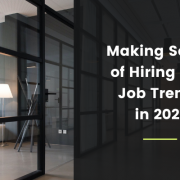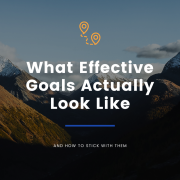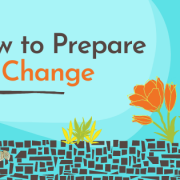Informational Interviewing – Does It Work?
Savvy Job SearchInformational Interviewing has been called “the secret job search weapon” or “the ultimate networking tool”. An informational interview involves talking with people who are currently working in the field in which you’re interested (or even at a particular company) so you can gain a better understanding of the industry or the actual job – and to build a network of contacts in that field. Done effectively, it’s brilliant! Done poorly, it’s painful for all parties involved!
Clients are often reluctant to do informational interviewing – for many reasons. Some clients think it’s asking for a job – others are terrified at the prospect of asking a stranger for information. On the flipside, it’s also true that many professionals are very hesitant to grant an informational interview to someone they don’t know. I think the root cause of these hesitations is that many a job seeker has abused and misused the informational interview.
Here’s a success story from an actual client that I want to share:
Joan participated in one of my career groups about 18 months ago. Since then, she’s been transitioning out of her current job, hoping to find something in a different field.
She took the suggestions and ideas I provided to the group regarding “informational interviewing” and she starting working on expanding her network. Boy, did she!
Joan’s been at it for about 18 months, diligently following up and continuing to build relationships. This week, she’ll be interviewing for an ideal position she found through her network. She’s convinced that “informational interviewing” works, even though she was a little skeptical at first.
Actually, Joan is the poster child for How-To-Effectively-Expand-Your-Network-Through-Informational-Interviewing. Here’s why she was so effective:
- She focused on building relationships over a period of time, rather than having it be a one-shot deal.
- She started with people she already knew, and worked from there.
- She masterfully targeted a job fair to make contact with a specific organization. She focused on building the relationship first.
- She learned more about the people she interviewed by asking good questions and focusing more on them, than on herself.
- She left every informational interview letting them know that she was exploring career options because she was in a career transition (very low key – she never asked for a job, hint, hint)
- She gave herself enough time to do it – she didn’t expect immediate results. It took her roughly 16 months to build it to the point where she was seeing the results she wanted.
Keep your fingers crossed that all goes well this week. If not, I’m sure her network will come through again!



